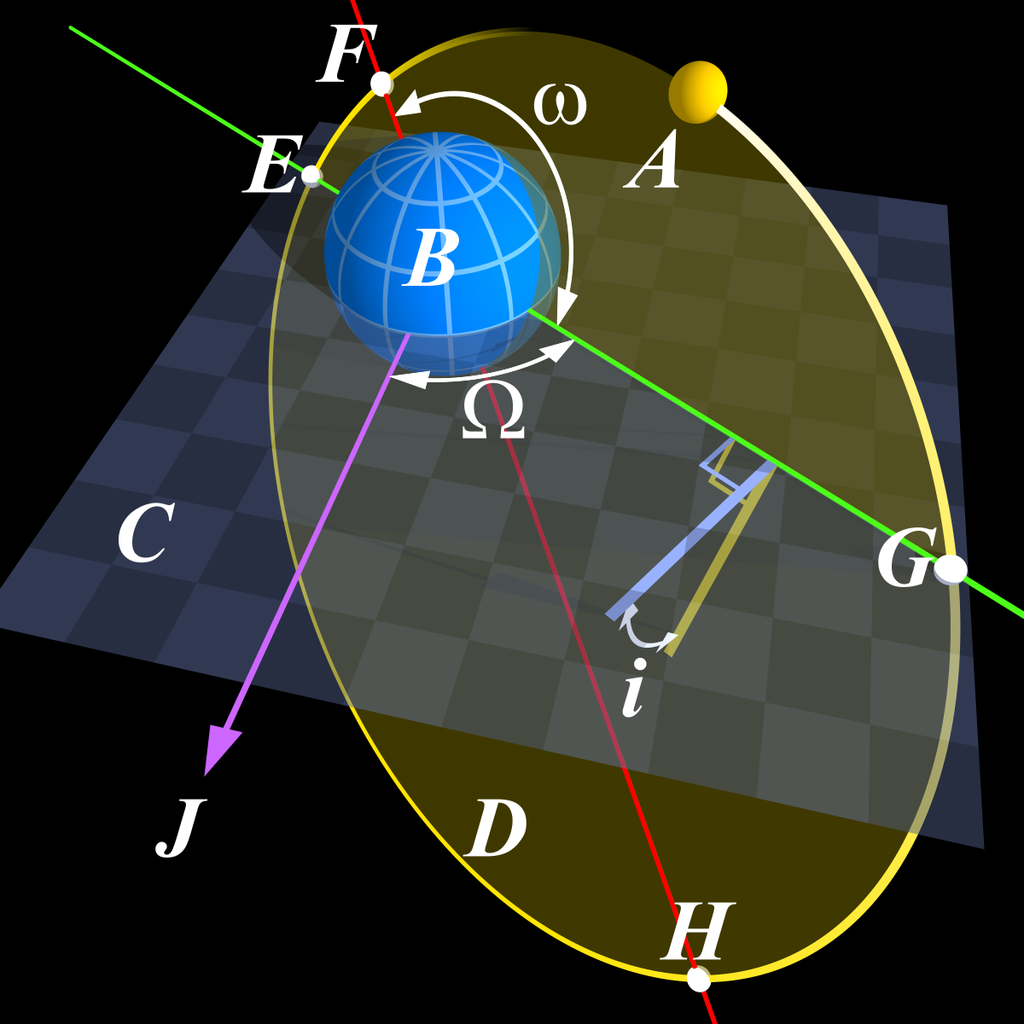In astronautics, a powered flyby, or Oberth maneuver, is a maneuver in which a spacecraft falls into a gravitational well, and then accelerates when its fall reaches maximum speed. The resulting maneuver is a more efficient way to gain kinetic energy than applying the same impulse outside of a gravitational well. The gain in efficiency is explained by the Oberth effect, wherein the use of an engine at higher speeds generates greater mechanical energy than use at lower speeds. In practical terms, this means that the most energy-efficient method for a spacecraft to burn its engine is at the lowest possible orbital periapsis, when its orbital velocity (and so, its kinetic energy) is greatest.[1] In some cases, it is even worth spending fuel on slowing the spacecraft into a gravity well to take advantage of the efficiencies of the Oberth effect.[1] The maneuver and effect are named after Hermann Oberth, the Austro-Hungarian-born German physicist and a founder of modern rocketry, who first described them in 1927.

Oberth effect
- Post author:Ed Kulis
- Post published:January 19, 2020
- Post category:Orbital Mechanics / Uncategorized
- Post comments:0 Comments


